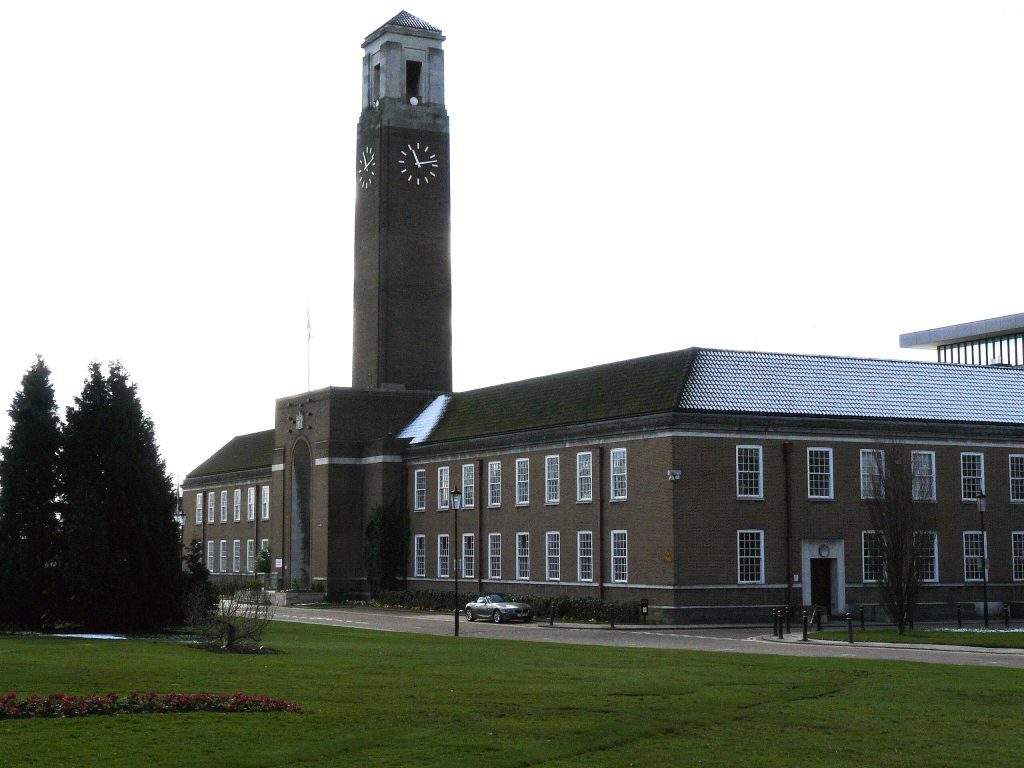
It’s easy enough for us to forget that our neighbourhoods are rooted in the history, and forget of those who came before us, and this is particularly true for Salford.
The stories of Swinton and Pendlebury, and even further down the winding River Irwell, stand tall down the profound annals of Salford’s industry, community and culture.
But the question remains, “do you know Swinton at all?” If I didn’t before, I could confess to doing so now.
David Roughley, a 72-year-old retiree-turned-historian, began working with the Swinton and Pendlebury History Society 12 years ago.
For him, it’s a blood-related endearment; his uncle co-founded the Swinton and Irwell Valley Local History Group 25 years ago.
“My favourite is on a personal experience: the Swinton Town Hall”, he said.
Salford Civic Centre, now Salford’s council offices, is at the heart of Swinton history, and has been in the community since 1936, with the iconinc structure following a post-acquisition debacle which threatened to dupe the centre out of existence entirely.
“Sign the contract, and we’ll tell you what we’re laughing at”, an isolated voice jeered from the din of councillors sat in the town hall.
With a grin, the contract director Richardson signed – the councillors proceeded to drop a bombshell: beneath the plot sat acres of caverns, rendering the land almost useless.
The director reminded them of the tram tracks that were dug out of Chorley Road, as the then director would announce that the hall would stand, wrought in disused tram tracks and concrete raft.

“I’ve got a piece of tram track on me, I use it when I do my talks” David eagerly added.
For David, the Civic Centre is just one of a multitude of historical gems dotted about the city of Salford.
He describes L.S. Lowry as a “rather frugal” acquaintance of his mother, before declaring him “a tight sod” who would grapple with every opportunity to save half a penny on train fares in his day.
He goes through the alphabet in textile mills, from Albion Mill to Bridgewater, down to Newton Mill and beyond.
Speaking with so much passion about the foregone chloride batteries, as he does forgotten mines and donkey stones.
And yet, amidst the unfaltering march of time, Swinton and Pendlebury History Society stands still.
A group dedicated to preserving and sharing the stories of the area, they have met fortnightly at Swinton’s Fletcher Hall for the vast majority of 25 years.
It’s one of the longest-running history societies in the area, and, for David, it’s a non-negotiable – the history of the area must stand the test of time.
He continued: “We’ve got to talk on local history, you don’t just listen to Radio 1; you move over to Radio Two or Four.
“It’s the same with your outlook on life, you start to think about, ‘where did I come from?’
“I suppose it’s like ancestry. It’s something you grow into with age.”
David clearly enjoys the work he does with the society, and his eager desire to speak to just about anybody about it, for just about as long as they’ll listen, makes this clear.
But it isn’t completely straightforward, as he added: “It’s quite a tough world out there.”
In a half-an-hour gasp between his daily schedule, he said: “We need 20 to 25 people, basically, and we’re breaking even.
“Room costs have gone up too, the speakers have gone up – the society was in danger of closing its doors [post-Covid]
“We need to engage to the local community,” he continued.
The Fletcher Hall based group boasts a consistent attendance of 35–40 historians, but this suffered a knock during Covid. And, despite the enjoyment he gets from the group, David does recognise that the membership isn’t getting any younger.
As he continued: “The age group we attract is basically from 65 to 85, right?
“It’s not a young person’s game at all,” he chuckled.
It isn’t, but it will do for him – and for so many others with Swinton & Pendlebury History Society – who feel the area’s history deserves recognition.















2 Comments